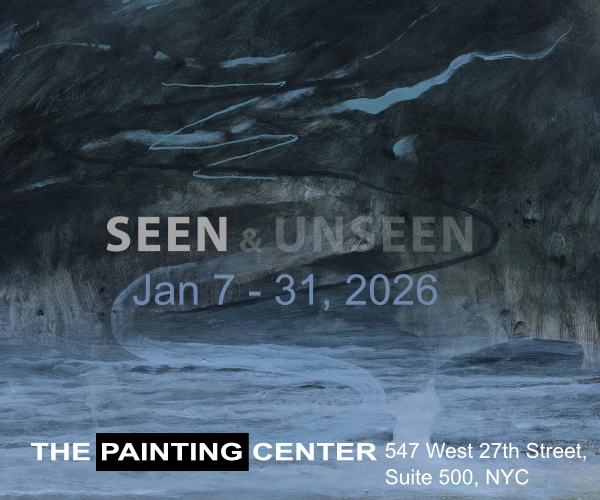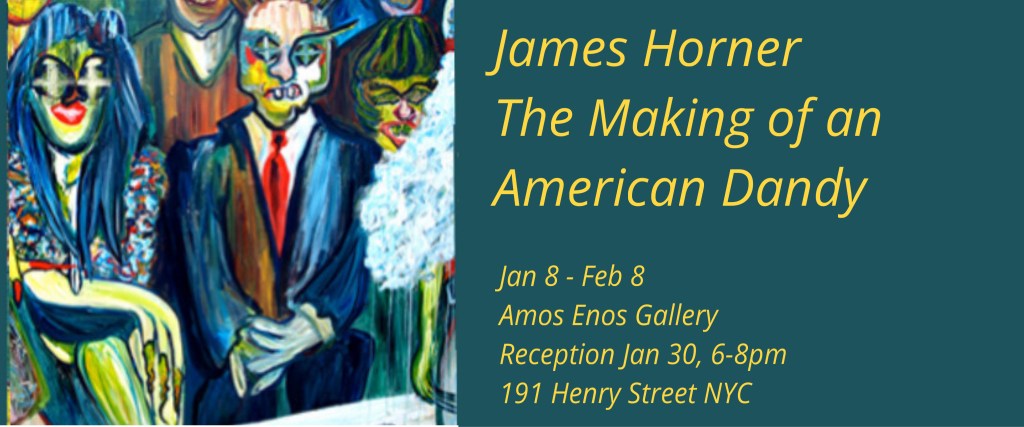
Contributed by Jonathan Stevenson / In Let the Sunshine In (an awkward translation of the original title, Un Beau Soleil Interieur), French director Claire Denis� gently flaying romantic comedy, Juliette Binoche plays Isabelle, a fiftyish divorced painter on the prowl, with her signature blend of obduracy and vulnerability. As an artist, she seems to live a rather cloistered life, and resents having to get back out in the world and reorient herself. By the same token, and as a demure feminist, she feels compelled to see the world better by seeking out people whose sensibilities allow them the direct enjoyment of life, unencumbered by stilted codes and insulating pretensions. And of course, she wants true love.
The process of finding it is inevitably a painful one of trial and error, and her indiscriminate, na�ve approach is exasperating. She first appears having thankless sex with a fat banker. He is revealed as an adulterous, self-regarding creep whose pedantic control-freakery extends to gratuitously manipulating a callow bartender, like a sad misanthrope in a Cheever story. She�s vexed, but her lack of confidence and certainty precludes her from dismissing him too quickly. Other love interests range from too coy to too earnest. During a weekend in the country, her circle of art friends seems as grotesquely bourgeois as the banker, as they stake smarmy claims not only to the rural landscape but also to the animals that inhabit it. This conceit breaks her patience, and her tirade affords her integrity and independence, and greater respect from the audience.

Isabelle finds the spontaneity she craves on a dance floor with a pouting working-class guy, but dumps him on the advice of an artist friend who considers him a lightweight � and wants her for himself. Unlike most of the film, this hard-nosed yet lyrical sequence is typical of Denis. Her stock-in-trade is fearlessly penetrating movies that marry grand social and historical issues with intensely personal ones. White Material involves colonialism and the dangerous power of self-delusion, Beau Travail soldierly duty and repressed sexuality, Bastards the sex trade and family loyalty and obligation. The tandem of phenomena confronted in Let the Sunshine In� female midlife crisis and the bland comforts of middle-class life � are not as sharply divergent, and the film is uncharacteristically talky. But it meets Denis� high standard of merciless perspicacity.
Isabelle finally consults a bountiful psychic � Gerard Depardieu, deadpan but nearly bursting with jokiness � whose fatuously concealed desire to seduce her is obvious and endearing. For all his dopey circumspection, he�s far more candid and insightful than any of the others. As Isabelle listens to his rambling monologue, interjecting the occasional bemused observation or inquiry, her smiles come more frequently and she relaxes. She gets what he is implying: that romance is intrigue and requires an openness to risk. It�s not a rapturous epiphany. She knew it, vaguely, all along. But the moment of recognition is a small, private victory.
Let the Sunshine In, a Sundance Selects release from IFC Films. Directed by Claire Denis, produced by Olivier Delbosc, screenplay by Christine Angot and Claire Denis. In French with English subtitles.
Related posts:
Studio visit: Fr�d�rique Lucien
The French connection at Cheim & Read
Francesco Clemente: Constantly beginning






















